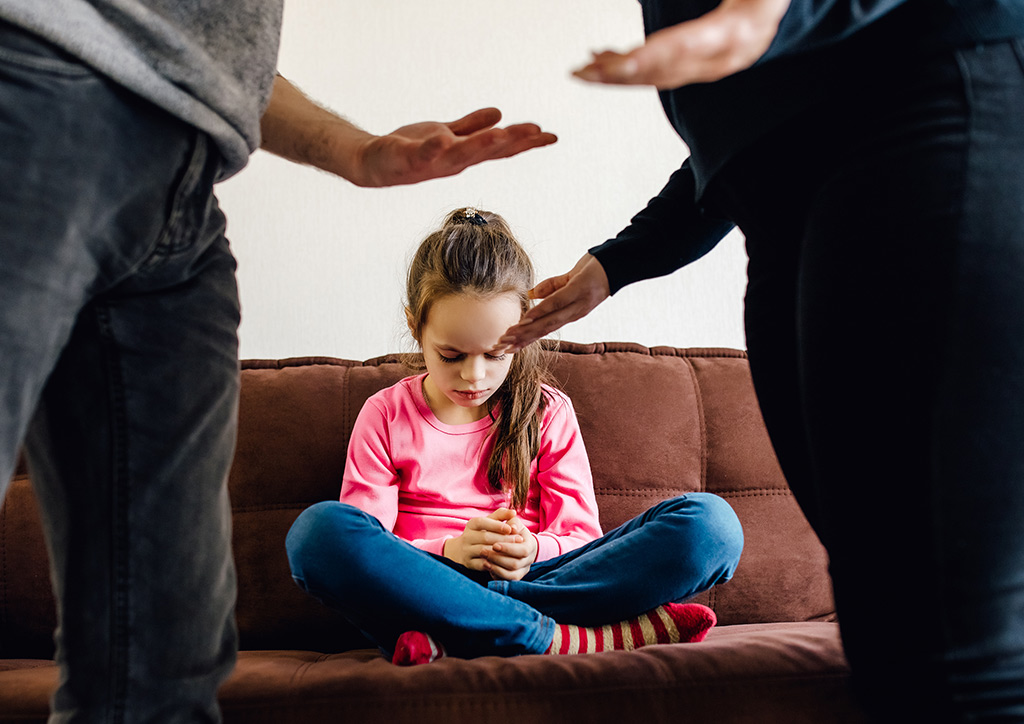Being Family is Not a Free Pass to Be Toxic
Being family all the more means we’re supposed to be mindful of how toxic we’re being.
“We’re family” — we’ve heard this line one too many times! Especially when someone violates a boundary, some family members feel it’s okay to do certain things (even if it’s toxic and offensive) because of the ties. Unfortunately, that just doesn’t fly anymore. It’s because we’re family that we are expected to treat each other better. Respect begets respect, mistakes need accountability, and gratitude and forgiveness are things people freely give and have no right to demand.

Filipino families taking Filial Piety to a whole new level
Love and forgiveness play a big role in maintaining the family’s peace and harmony. But sometimes, family members unknowingly twist these values to not “disturb the waters”. Making offhanded but insulting remarks (otherwise known as “nagpapaparinig“), responding defensively when their joke is done in bad taste such as “Stop being so OA!”/ “Ang OA mo!”, “Joke lang naman eh!“, and many others — all these are usually dealt with a horseshoe in the mouth.
Smile and wave to keep the peace because it will harm the whole family. Thus, the insulted one becomes the toxic one. Especially, if God forbid, someone decides to clap back.

Translating even to family businesses!
Some families prefer keeping the business within themselves—not just for financial reasons but cultural ones, too. Some parents groom their kids to make sure they can take over the business. But when the time comes, often the kids end up being the “mouthpieces”. With work blurring the lines between family and job, some of the toxic parts from the office end up at home. There’s usually a lot of insults and sometimes, jealousy. Especially when the parent finds out that their employees prefer their child to be their boss.

But why are Filipinos more toxic to their family members than strangers?
It’s a strange phenomenon that many members of the younger generation observed among the older ones. It’s as if there are two faces—often leaving many of the younger generations to gaslight themselves into thinking everything that goes wrong between them is their fault. However, it’s possible that Filipinos are simply living up to the reputation of being hospitable in a twisted way. There’s shame to be had if someone finds out that they didn’t treat their guests well. But nobody really bats an eyelash if it’s a family member.

Parents of Today, You Have The Power To Change That!
A lot of times, these kinds of toxic behaviors continue because family members feel that they don’t have the power to change them. In the process of nursing their inner child, they subconsciously do what they originally didn’t like being on the receiving end of. But it’s time to take a more conscious action with how we treat our family members. Sure, it’ll disturb the peace. But it’s better to deal with it now rather than letting it become toxic. If the world will do better with one less toxic person, so will the family.
More things to change in family culture? Here’s the laundry list!
How Utang ng Loob Made Filipino Families Toxic
Defining What’s Toxic in Filipino Families and How to Change That
Gaslighting: What It is and How Parents Can Avoid It









